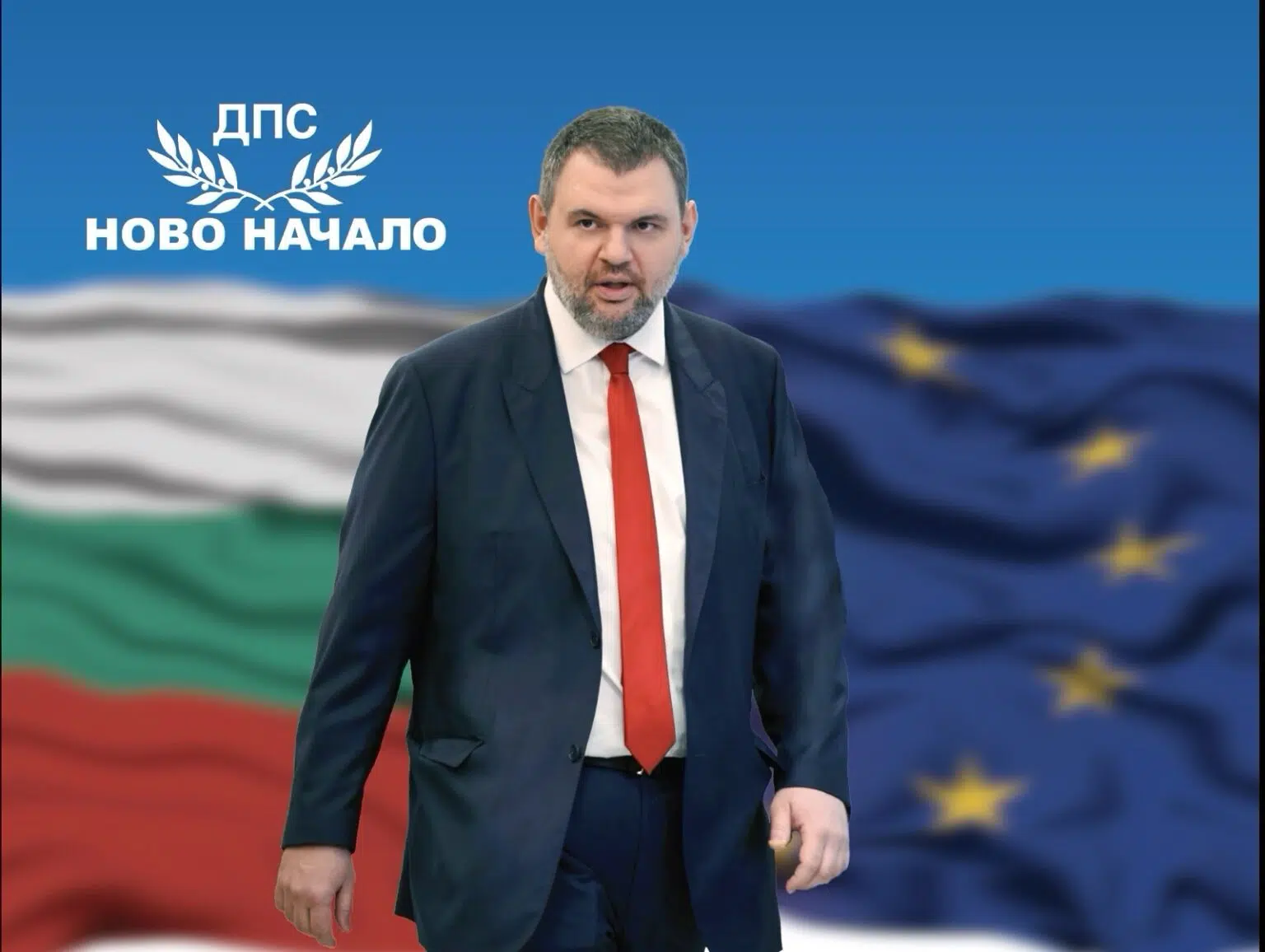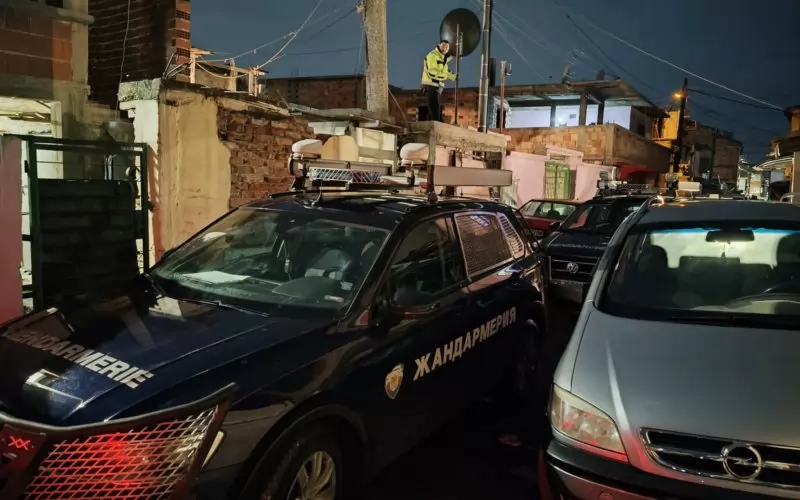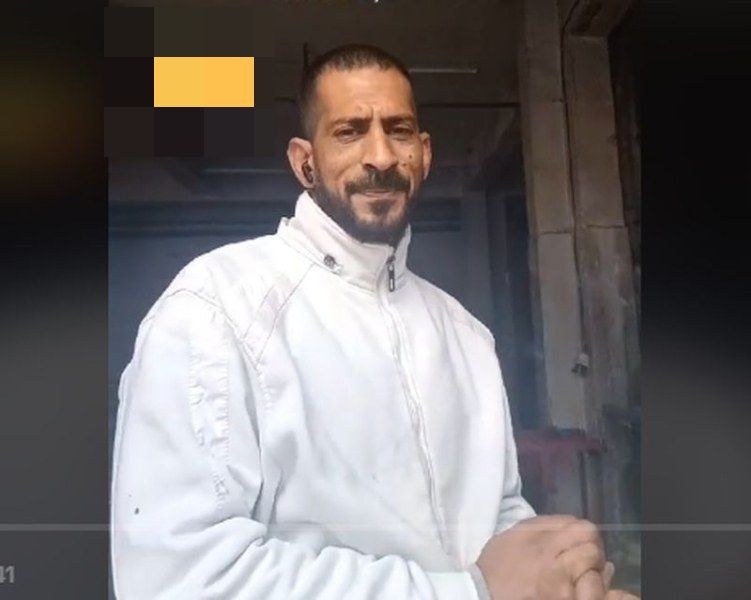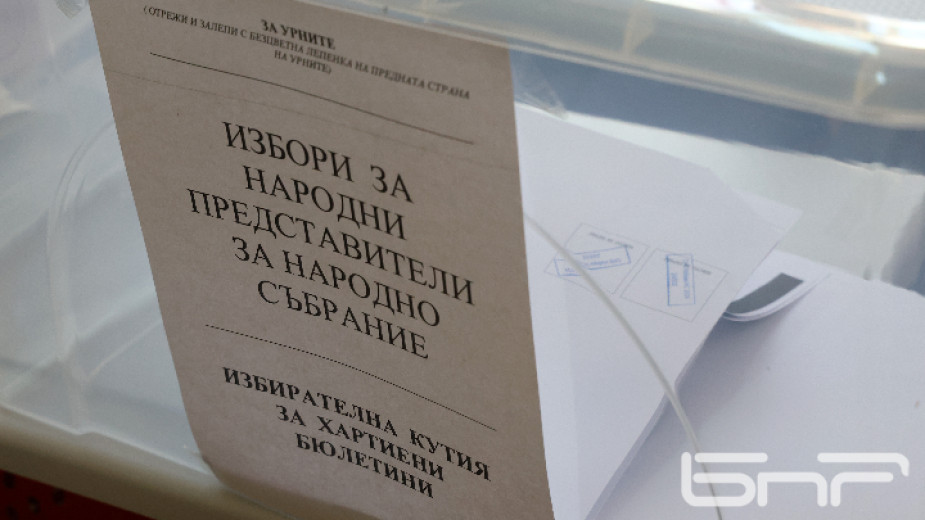Francois Hollande, in a public statement, asked his ministers decidedly to end the controversy on Rroma. According to the government spokesman Najat Vallaud Belkacem, Hollande pointed out that “solidarity, unity and responsibility” was expected from the ministers. Hollande also considered it unworthy that he had to point out the problematic of this issue to the deputies. The home minister Duflot had asked Hollande for a statement after Valls racist abuse (TAZ 2013).
ORF (2013) points out that the criticism of the EU Justice Commissioner Viviane Reding on the French Rroma policies led to strong expressions of antipathy towards the European Union. The President of the French National Assembly, Claude Bartolone, called, Viviane Reding the “Mother with the whip.” Even before Reding’s criticism, a spokesman for the EU Commissions had pointed out that violations by France of EU law, in this case of the non-compliance to the freedom of movement, would not be tolerated. The behaviour of some EU countries towards Rroma is not worthy of the 21st Century. Manuel Valls, who is clearly belonging to the right wing of the socialist party, had to endure heavy criticism from his own party. Valls meanwhile insists on a rigorous order policy. He stated: “It is our responsibility to ensure that the centre of our cities, in the middle of residential areas and in the middle of the capital no such camps and misery housing does not occur.”
Radio Dreyeckland (2013) spoke with Marion Cadier who wrote a report for Amnesty International on the forced evictions of Rroma camps in France. The report concludes that since the last review in 2012, the situation of Rroma has not improved. The number of evictions of informal camps has even increased. This practice is also contrary to human rights conventions, since they violate the right to housing, as people living there are made homeless. Although the circular of August 2012 is a progress, it had only been applied very poorly. The evictions render the Rroma integration more difficult and has produced many more homeless people. Temporary lodging in hotel rooms is also a poor alternative because they usually lie in the periphery of the cities and make schooling and social networking difficult. Among more positive points, one notes the abolition of a hiring fee for Romanians and Bulgarians and the provision of funds for integration projects. She also emphasizes that expulsion are falsely referring to the nomadic lifestyle of the Rroma.
Hopquin (2013) reports on a trial of seven Croatian Rroma indicted in France for child trafficking and incitement to crimes. The case reinforces widespread stereotypes about organised delinquency among the Rroma. The defendants had acted under the leadership of a 66 year old woman and dealt in groups of children were to commit thefts for the buyer in France. Hopquin makes no effort to relate the events real events, but uses the presumptuous “cultural reproduction”, in which organized crime which the defendant had assimilated is presented as part of the Rroma culture.
Manuel Valls statements about, in his opinion, non-integration capabilities of Rroma led to different statements by government officials. While the rightist deputies showed great sympathy for Valls and his Rroma policies, in his own party, the socialist party his statements are controversial. But not to all. Significant parts of the left is in favour of a repressive policy towards the Rroma. Valls himself, meanwhile, has never apologised for his remarks, but merely regretted how they had been interpreted (Le Parisien).
In a linguistically brilliant letter, Lefort (2013) appeals to Manuel Valls. Lefort descends from Spanish Kale. He asks Valls to remind himself that he immigrated with his family to France and became a French citizen in 1982, and that many French have an immigrant background. That migration usually occurs for a valid reason and is not a lifestyle. He pleads that Valls should not abandon the historical responsibility that one has towards the Rroma as victims of National Socialism. In addition, many French Rroma fought in the resistance against the Nazis and the Franco regime. This also should not be forgotten. To assign them a “tendency” towards return to Romania and Bulgaria, negates the reason for their arrival: The lack of recognition as a minority of Statea and populationa. Lefort observes: “La guerre mondiale est venue. Et les camps nazis se sont aussi ouverts aux Tziganes. Tu le sais. Mais un nombre énorme de Manouches, de Gitans et d’Espagnols se sont engagés dans la Résistance sur le sol français. Ton père aurait pu en être […] je te demande le respect absolu pour celles et ceux qui se sont engagés dans la Résistance contre le franquisme, puis ensuite contre le nazisme et le fascisme. Contre ceux qui avaient fait Guernica. Et pourtant, à te suivre, ils avaient «vocation» à retourner ou à rester dans leur pays d’origine, ces «étrangers, et nos frères pourtant…»” [World War came. And Nazi camps were also opened for Gypsies. You know it. But a huge number of Manouche, Gypsies and Spaniards enrolled in the Resistance on the French soil. Your father could have been among them […] I ask you for absolute respect for those who were engaged in the resistance against Franco, then against Nazism and fascism. Against those who did Guernica. Yet, to listen to you, they have a “vocation” to return to or remain in their country of origin, these “strangers, and yet our brothers…”]
Conan (2013) points out that Valls statements are almost exactly the same as the ones made last August by Louis Souchal, the confidant of Prime Minister Jean-Marc Ayrault. Louis Souchal is also convinced that many of the Romanian and Bulgarian Rroma do not want to integrate in France, but only came here to improve their financial situation as stated in an interview: “Les migrants roumains sont en effet sur des migrations pendulaires organisées. Leur but est de venir en France pour gagner de l’argent puis de rentrer en Roumanie construire une maison (…) D’ailleurs, il faut éviter de penser qu’il s’agit “d’intégrer les Roms”, on intègre seulement “des familles”. On s’en aperçoit lors des diagnostics sur les campements avant les expulsions. Récemment, sur un terrain où il y avait 22 familles, seules deux présentaient vraiment des signes de projets en France.” [Romanian migrants are indeed engaged in pendular migration. Their goal is to come to France to earn money and then return to Romania to build a house (…) Indeed, we must avoid thinking that it is about “to integrate Roma”, one only integrates “families”. This can be seen in the diagnostics in the camps before the evictions. Recently, in an place where there were 22 families, only two really showed signs of having projects in France.] It is still unclear on which sources Souchal bases his statements. They stand in contrast to statements made by engaged people such as Lefort, who observe a migration due to lack of integration and lack of future prospects. At the same time it is also known that transnational relations with the home country can lead to a better integration in the host country and is not simply, as is now represented, an evidence of a lack of willingness to integrate.
The Mayor of Lille, Martine Aubry, meanwhile, calls for a consistent way of applying the circular of August 2012, requesting a timely information of the stakeholders, the organisation of alternative accommodation options and a better distribution of Rroma across the country. To put the people on the street, Aubry criticises, bring nothing and complicates the integration (Pagura 2013).
- Conan, Eric (2013) Ayrault et les Roms : quand le Premier Ministre désavoue l’ex-maire de Nantes… In: Marianne online vom 2.10.2013. http://www.marianne.net/Ayrault-et-les-Roms%E2%80%AF-quand-le-Premier-Ministre-desavoue-l-ex-maire-de-Nantes_a232693.html
- Hopquin, Benoît (2013) Dans le box, les Roms cambrioleurs et la loi de la mafia. In: Le Monde online vom 3.10.2013. http://www.lemonde.fr/societe/article/2013/10/03/dans-le-box-les-roms-cambrioleurs-et-la-loi-de-la-mafia_3489334_3224.html
- Lefort, Jean-Claude (2013) Manuel, souviens-t-en… In: L’Humanité online vom 1.10.2013. http://www.humanite.fr/politique/manuel-souviens-t-en-550018
- Le Parisien (2013) Propos sur les Roms: pataquès autour du mea culpa de Manuel Valls. In: Le Parisien online vom 2.10.2013. http://www.leparisien.fr/politique/propos-sur-les-roms-pataques-autour-d-un-mea-culpa-de-manuel-valls-02-10-2013-3188829.php
- ORF (2013) Töne immer harscher. In: ORF online vom 27.9.2013. http://orf.at/stories/2200204/2200206/
- Pagura, Mathieu (2013) Manuel Valls, les Roms et les démantèlements: Aubry en appelle à la “solidarité nationale” In: Metro News online vom 3.10.2013. http://www.metronews.fr/lille/manuel-valls-les-roms-et-les-demantelements-aubry-en-appelle-a-la-solidarite-nationale/mmjc!17b3s7ndEzipM/
- Radio Dreyeckland (2013) Menschenrechte nur für die Mehrheitsgesellschaft – Roma in Frankreich. In: Radio Dreyeckland online vom 2.10.2013. https://www.rdl.de/index.php?option=com_content&view=article&id=22152:romainfrankreich&catid=276:focus-europa&Itemid=503
- TAZ (2013) „Deutlich die Leviten gelesen“. In: TAZ online vom 2.10.2013. http://www.taz.de/Hollande-aeussert-sich-zum-Roma-Streit/!124834/







